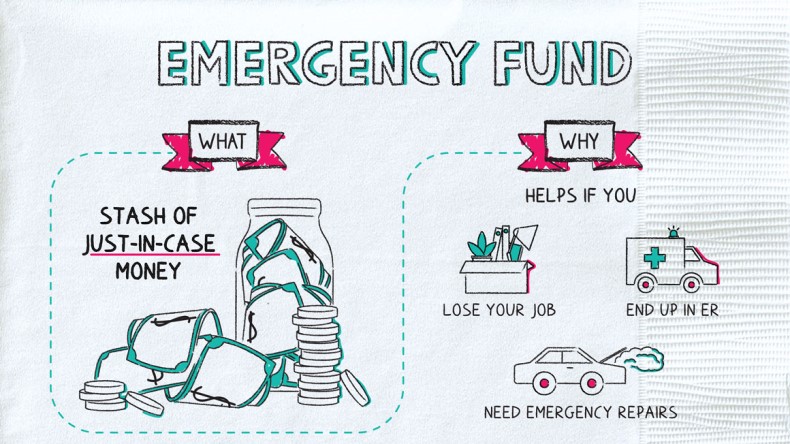What is Cryptocurrency and How Does It Work?
Understanding Cryptocurrency
Cryptocurrency is a form of digital money that relies on cryptography to secure transactions, making it highly resistant to counterfeiting or fraud. Unlike traditional currencies issued by central banks, cryptocurrencies operate on decentralized systems powered by blockchain technology. This decentralized setup ensures that all transactions are recorded on a public, tamper-proof ledger maintained by a network of computers.
How Blockchain Powers Cryptocurrency
Blockchain technology is the backbone of cryptocurrency. It functions as a shared database that logs every transaction across a network. Transactions are grouped into blocks, which are then linked in chronological order to create a chain. This system eliminates the need for third parties, like banks, by allowing users to send funds directly to each other securely and transparently.
Popular Cryptocurrencies
Bitcoin: The First and Most Famous
Bitcoin (BTC) was the first cryptocurrency, introduced in 2009 by an anonymous creator or group called Satoshi Nakamoto. Often dubbed “digital gold,” Bitcoin is valued for its scarcity and its role as a store of value.
Ethereum: Beyond a Currency
Ethereum (ETH) is much more than a digital currency—it’s a platform for building decentralized applications (dApps) and executing smart contracts. These smart contracts automatically enforce agreements written in code, making Ethereum a favorite among developers and innovators.
Other Noteworthy Cryptocurrencies
- Litecoin (LTC): Known for its faster transaction speeds and lower fees compared to Bitcoin.
- Ripple (XRP): Designed to streamline international payments, offering quick and low-cost cross-border transactions.
- Cardano (ADA): Recognized for its scientific approach to blockchain development, focusing on scalability and sustainability.
Tips for Safely Investing in Cryptocurrency
Choose a Trusted Exchange
To start investing in cryptocurrency, you’ll need to use an exchange—a platform where you can buy, sell, or trade digital assets. Some popular options include Coinbase, Binance, and Kraken, which cater to beginners with user-friendly interfaces.
Protect Your Investments with Wallets
Once you’ve purchased cryptocurrency, secure it with a wallet. There are two main types:
- Hot Wallets: These are connected to the internet, making them ideal for frequent trading but more vulnerable to hacks.
- Cold Wallets: These are offline options like hardware wallets or paper wallets, offering greater protection against cyber threats.
Start Small and Diversify
As a beginner, it’s smart to start with a modest investment while you learn the ropes. Spreading your funds across different cryptocurrencies can also reduce the risks tied to market volatility.
Be Aware of Risks
Market Volatility
Cryptocurrency prices can change dramatically in a short time. While this volatility can create opportunities for profit, it also comes with a high risk of losses.
Security Threats and Scams
The crypto world isn’t immune to scams and fraud. Always do your homework before investing in a new project or token, and be wary of offers that seem suspiciously good.
Ready to Explore Cryptocurrency?
Understanding cryptocurrency is the first step to entering this dynamic market. By learning how it works, exploring major coins, and following safe investing practices, you can approach this digital space with confidence. Stay curious and keep educating yourself as the world of cryptocurrency continues to evolve.









